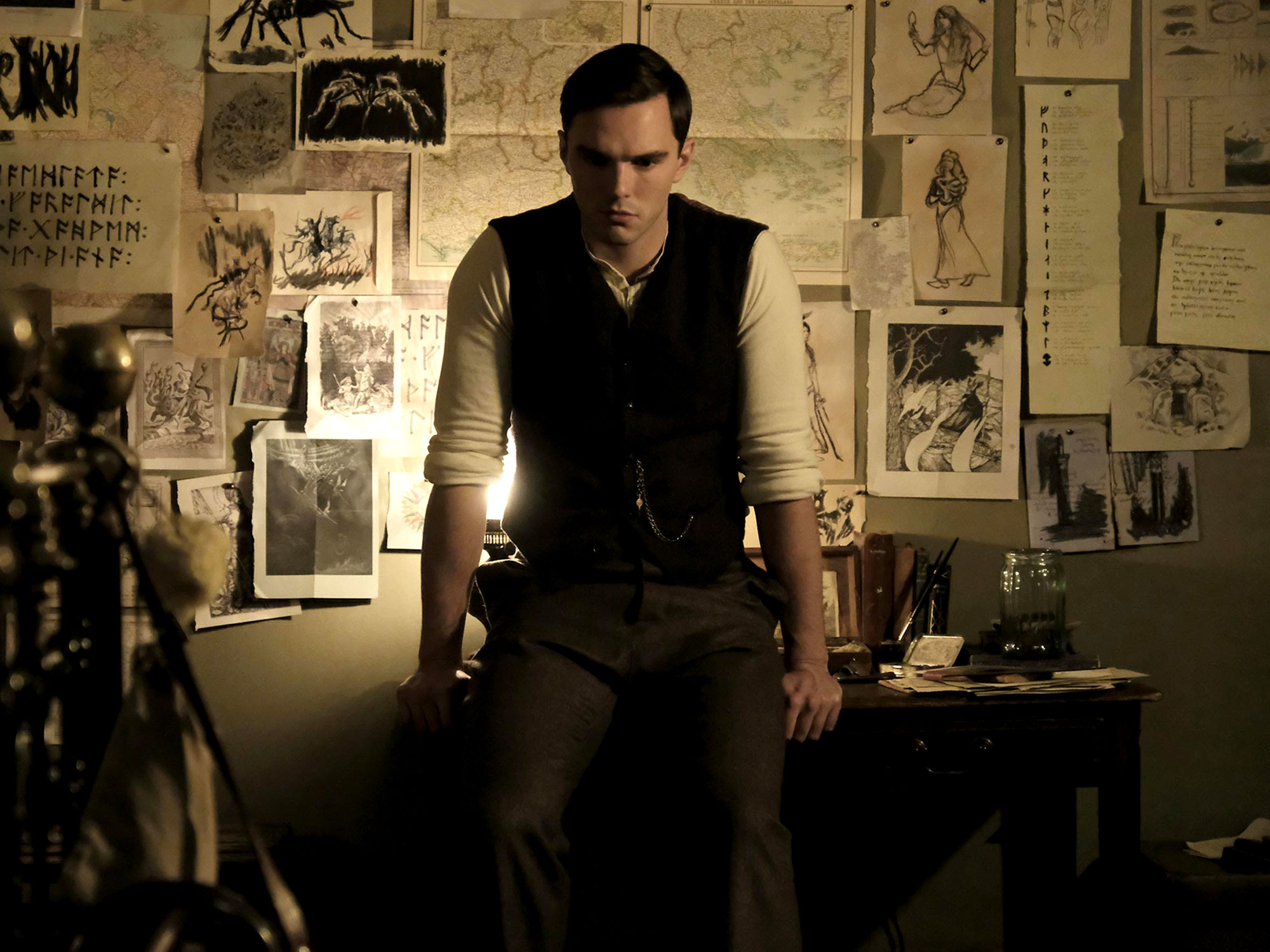
Much like the British Prime Minister and her battle-scarred Brexit deal, Hollywood appears determined to make a certain breed of literary biopic happen. No one asked for either, no one’s going to champion either, but here they are again regardless.
It speaks to the lack of collective imagination that in less than 12 recent months, we had two mounds of Pooh to contend with, and just like the May deal on its second attempt, summer’s Christopher Robin was last autumn’s Goodbye Christopher Robin wearing a fake moustache. Neither made any money, and both swiftly joined the likes of Finding Neverland in the box labelled ‘suppressed’ held in the library of filmgoing subconscious.
To be fair to multiple offender Marc Forster, his aforementioned JM Barrie biopic made some serious bunce, enough perhaps to makes the likes of Fox (presumably green with envy at Amazon’s $250m deal with the Tolkien estate) hopeful that audiences aren’t yet bored of the rings.
You probably don’t need us to tell you that Tolkien follows the well-worn path of the literary biopic, steadfast in its refusal to even consider the separation of art from artist. It’s in the nature of the ungainly beast to forge a tenuous link between flights of imagination and lived experience, something JRR Tolkien himself knew all too well, insistently resisting allegorical readings of his work, not least when it came to the question of war.

There’s an awkward irony to these films ostensibly about the power of imagination that come with their failures of imagination inherently built-in, seemingly unable to trust the very thing they’re supposed to be celebrating. As Tolkien would have it, for example, one of the most esteemed students of language and mythology needed to be blasted with a flamethrower in the Somme to picture a dragon in his mind’s eye.
Who knows, perhaps there is someone somewhere who, on finishing Tolkien’s magnum opus, wondered how a writer could possibly have come up with, like, so many ideas. It’s been assumed that said reader is probably uninterested in the philological history of heroic verse and mythology that Tolkien made his life’s work, and that it’d just be easier for everyone involved to set out the notion that war is bad and Sauron is bad, so war might as well equal Sauron.
As directed by Tom of Finland’s Dome Karukoski, Tolkien carries its bland handsomeness about as well as you’d expect from a C-list prestige pic. Biographical details are tidily trotted out across two long hours, from the writer’s early orphanage to his Birmingham childhood; his (facepalm) “fellowship” of pals and acceptance into Oxford, before the coming of war. An unexpected journey this ain’t.
I’m sure that the central romance is of great sentimental value to the descendants of the Tolkien estate, and that to some degree the loss of his friends to war did inform the notion of friendship in his work, but such facile reductivism hardly makes for great drama up on the big screen. If you really want to better understand the life of a man whose life was his work, you’ll only find it in his life’s work itself, not in this clumsy attempt to define its inspiration.
The post Tolkien appeared first on Little White Lies.
![Forest Essentials [CPV] WW](https://s3-us-west-2.amazonaws.com/pcw-uploads/logos/forest-essentials-promo-codes-coupons.png)
0 comments